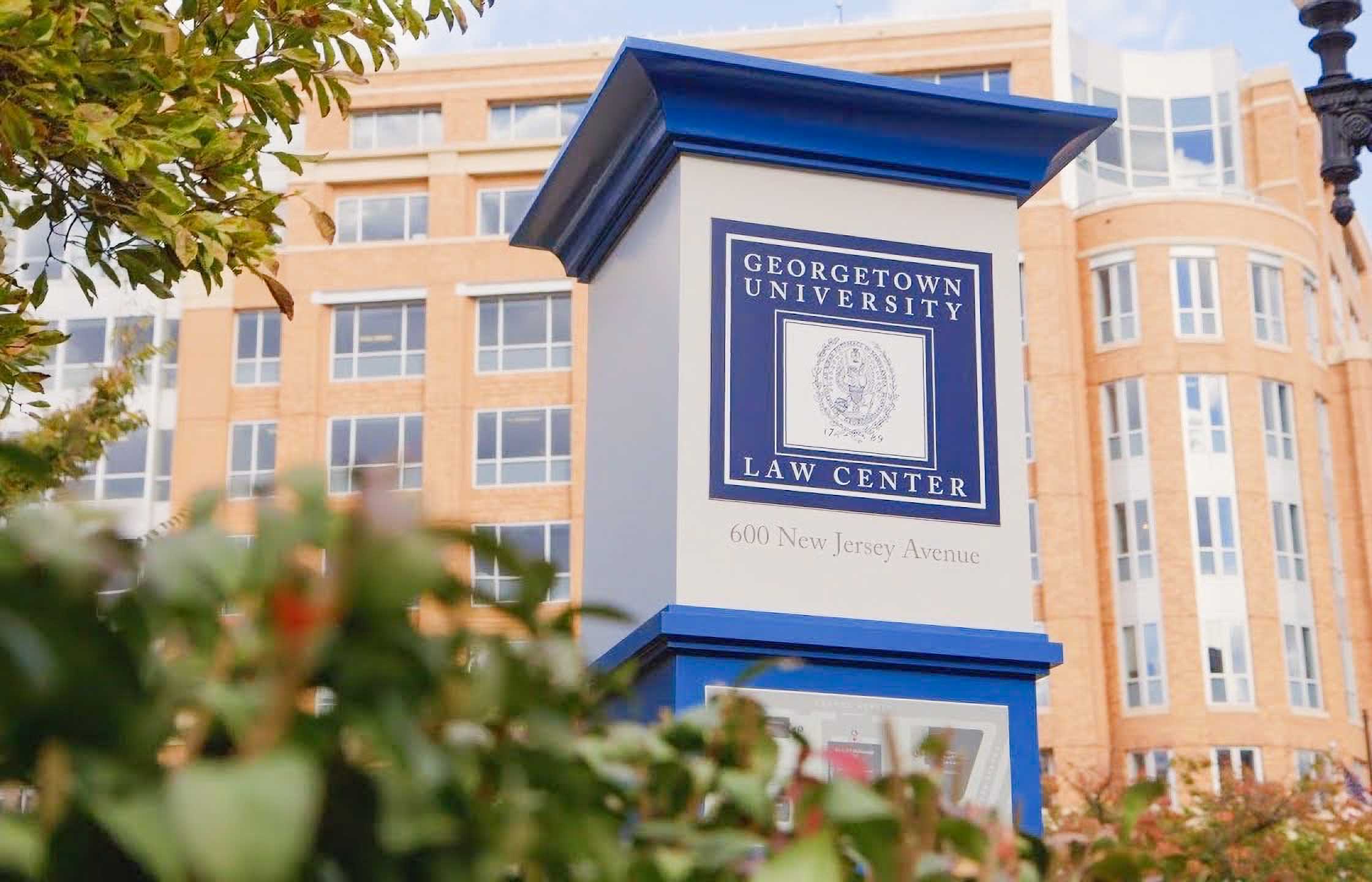‘Religious freedom’ backlash likely to continue as next chapter in LGBT-equality effort

Last August, the New Mexico Supreme Court handed down a ruling that inflamed the religious right.
In a unanimous decision, the state’s highest court found that Elaine Huguenin, co-owner of Elane Photography in Albuquerque, violated state law when she turned away Vanessa Willock and her partner in 2006 on the grounds that photographing the same-sex couple’s wedding ceremony would violate her religious beliefs.
Although the New Mexico Supreme Court ruled that the state’s Human Rights Act, which was amended in 2003 to add “sexual orientation” as a class of people protected from discrimination, does not violate free speech because it does not compel the photographer to either “speak a government-mandated message or to publish the speech of another,” the ruling was blasted by conservatives as an attack on religious freedom.
Ken Klukowski, director of the Family Research Council’s Center for Religious Liberty, labeled the decision “profoundly disturbing.”
“This decision would stun the Framers of the U.S. Constitution, is a gross violation of the First Amendment, and should now be taken up by the U.S. Supreme Court to reaffirm the basic principle that the fundamental rights of free speech and the free exercise of religion do not stop at the exit door of your local church, and instead extend to every area of a religious person’s life,” Klukowski said in a statement.
Brian Brown, president of the National Organization for Marriage, said the decision was part of an effort by same-sex marriage supporters to force their beliefs on Americans of faith. “People of faith should not be coerced to denying their beliefs or losing their livelihoods,” Brown said in a statement.
While attorneys for Elaine Huguenin and her husband, Jon Huguenin, have appealed the case to the U.S. Supreme Court, lawmakers in states across the country have used the case to launch a flurry of “religious freedom” bills that seek to allow business owners to deny service to LGBT people.
The most high-profile example of this backlash concluded earlier this week in Arizona with a veto by Gov. Jan Brewer (R). Describing Arizona Senate Bill 1062 as broadly worded with the potential for unintended consequences, Brewer said the proposed legislation did not address a specific and present concern related to religious liberty in Arizona. “I have not heard of one example in Arizona where a business owner’s religious liberty has been violated,” Brewer told reporters.
Brewer’s decision to veto the bill came after pressure reached staggering levels for a piece of state legislation. Arizona Sens. John McCain and Jeff Flake, who are both Republicans, urged Brewer to veto the legislation, as did a number of business organizations. Marriott, American Airlines and Apple all expressed their opposition to the bill, and the NFL was reportedly exploring moving next season’s Super Bowl from Arizona. At least three state senators who voted for the bill later urged Brewer to veto the legislation and former Republican presidential candidate Mitt Romney also chimed in, tweeting his opposition to the bill.
Opponents of the bill had argued that if it were to become law it would have allowed any individual, corporation, institution or business organization to refuse service to LGBT people by claiming it was against their religious beliefs. But while the bill in Arizona is dead, it is only one of several broadly worded Religious Freedom Restoration Acts, known as “RFRAs,” introduced in states across the country.
Similar bills are still pending in Missouri, Mississippi, Oklahoma and Kansas. Meanwhile, bills in Georgia, Idaho, Maine, Ohio, South Dakota and Tennessee have all failed. Further measures could still be introduced as legislatures in Florida and North Carolina are just convening, although the national attention Arizona received brings into question what likelihood such bills have of passing.
RFRA’s are not a new phenomenon. Indeed, after the U.S. Supreme Court ruled in 1990 that religious groups are not exempt from general laws, Congress responded by passing the federal Religious Freedom Restoration Act in 1993. Four years later, the Supreme Court found portions of the act’s state applications unconstitutional and an overreach of Congress’s enforcement power. As a result, many states passed their own RFRA’s. However, the targeting of LGBT people is a relatively new development that appears linked to recent and significant gains in LGBT rights. According to representatives of the American Civil Liberties Union, there has been a concerted effort by a variety of conservative groups across the nation to erode those gains.
Eunice Rho, an advocacy and policy counsel focusing on religious freedom for the ACLU, said there has been a significant uptick in such bills over the past few years. “I think what is noteworthy in 2014 is just the sheer scope of these kinds of bills,” Rho said. “They’re broader than we’ve ever seen before.”
Broad anti-LGBT RFRAs appear to be the new frontier in the fight against same-sex marriage. As more and more state’s grant same-sex couples marriage rights, with an ultimate showdown over a national right to marry likely to come before the Supreme Court sometime over the next few years, state’s with nondiscrimination laws that encompass sexual orientation have seen a growing number of conflicts. While Arizona neither protects against discrimination on the basis of sexual orientation nor permits same-sex marriages, proponents of the bill said it was meant to protect against what might be coming, pointing to the case in New Mexico.
“There’s a way in which this is a plan B,” said Rose Saxe, senior staff attorney with the ACLU LGBT Project, during a call with reporters a day after Brewer’s veto. “They had hoped that same-sex couples would not be able to marry, but as more and more states are granting the freedom to marry this is a new shifting strategy to try to ensure that even when we can marry, we can be refused services, our marriages can be disrespected, and that people can continue to engage in the kind of discrimination that they now currently get to. I don’t think it’s a coincidence.”
Although broader RFRA’s will likely continue to be considered in state capitols, the argument over religious and LGBT discrimination won’t stop there. Next month the U.S. Supreme Court will consider arguments brought by businesses who believe they should not be forced to provide contraceptive coverage to their employees as mandated by the Affordable Care Act. While not LGBT-centered, the case shares many of the same broader arguments about the freedom to deny services based on religious beliefs that are playing out in states considering bills that would permit LGBT discrimination.
When the New Mexico Supreme Court ruled that Elaine Huguenin could not deny her wedding photography services to a couple simply because they are lesbians, Justice Richard Bosson concurred, but expressed concern with the delicate balance that must be struck between religious liberty and accommodating all citizens under the law. While Bosson wrote that the Huguenins are free to think, to say and to believe as they wish and as is protected by the Constitution, there is a price all must pay in civic life.
“In the smaller, more focused world of the marketplace, of commerce, of public accommodation, the Huguenins have to channel their conduct, not their beliefs, so as to leave space for other Americans who believe something different,” Bosson continued. “That compromise is part of the glue that holds us together as a nation, the tolerance that lubricates the varied moving parts of us as a people. That sense of respect we owe others, whether or not we believe as they do, illuminates this country, setting it apart from the discord that afflicts much of the rest of the world. In short, I would say to the Huguenins, with the utmost respect: it is the price of citizenship.”
[Photo: Jan Brewer. Credit: Gage Skidmore.]
Support Metro Weekly’s Journalism
These are challenging times for news organizations. And yet it’s crucial we stay active and provide vital resources and information to both our local readers and the world. So won’t you please take a moment and consider supporting Metro Weekly with a membership? For as little as $5 a month, you can help ensure Metro Weekly magazine and MetroWeekly.com remain free, viable resources as we provide the best, most diverse, culturally-resonant LGBTQ coverage in both the D.C. region and around the world. Memberships come with exclusive perks and discounts, your own personal digital delivery of each week’s magazine (and an archive), access to our Member's Lounge when it launches this fall, and exclusive members-only items like Metro Weekly Membership Mugs and Tote Bags! Check out all our membership levels here and please join us today!



















